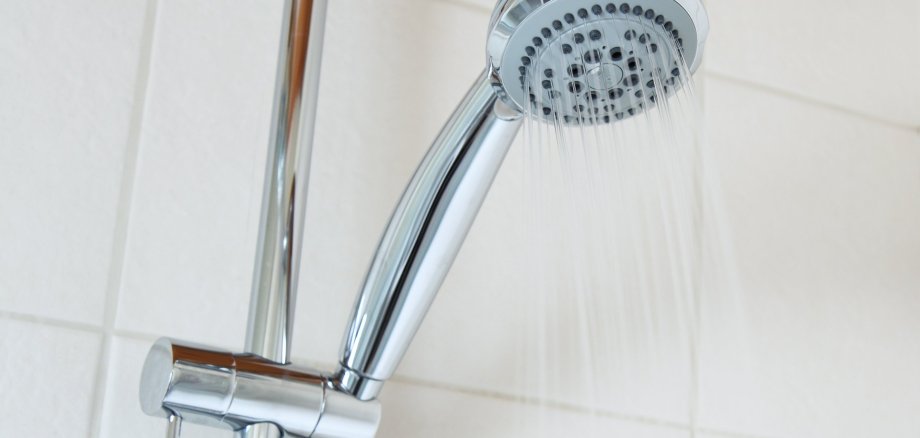Energy situation eases slightly: district reassesses situation
Due to the critical situation on the energy market and the associated obligation of public administrations to save energy, the Waldeck-Frankenberg district had decided in mid-2022 - among other measures - to switch off the hot water in the district's own halls. Now the Federal Network Agency has given the all-clear: it no longer expects a gas shortage this winter. The district is also reassessing the situation in Waldeck-Frankenberg
"Due to the current easing of the situation, the savings successes already achieved and the expiry of the Federal Energy Saving Ordinance, we reassessed the situation in the district at the beginning of January" says District Administrator Jürgen van der Horst. "This was planned in our energy saving concept for the beginning of this year anyway." The course will now be adjusted to the current situation, which has eased considerably in recent weeks, he adds. This also means that the district is promptly making all preparations to successively put all 51 central hot water systems in the sports halls back into operation.
In order to exclude a health risk from bacteria such as legionella, it is now necessary, based on the specifications of the Drinking Water Ordinance, to first start up the systems again for hot water production and then flush them several times. Then water samples are taken from all the systems to test them for bacteria. If the test result is negative, this means a green light - and the use of the facilities can be released again. Showers with hot water will then also be possible again in the district's own halls.
"I fully understand that the past few months have been a challenge for the sportspeople. However, our goal was to maintain sports operations - and at the same time to meet our energy-saving obligation," said the district administrator, explaining the decision at the time. "But we also said that hot water operations should only be suspended for as long as absolutely necessary. That has now changed with the easing of the situation on the energy market."
According to projections, the district has been able to save an average of about 1,230,000 kilowatt hours of energy in the past months. This is roughly equivalent to the annual energy consumption of 49 residential buildings. In this way, it has not only fulfilled its obligation under the Ordinance on Securing the Energy Supply via Short-Term Measures of the Federal Government, but has also made an active contribution to significantly reducing the consumption of public properties in Waldeck-Frankenberg, thus helping to stabilise the nationwide energy situation.
For sportsmen and sportswomen in Waldeck-Frankenberg, this means that after the sports activities in the district's own halls, it will also be possible to take a warm shower again in a few weeks. Unfortunately, showers are not possible during the sampling - not even with cold water. "The aim is to have the facilities ready for use again as soon as possible," says Jürgen van der Horst. "Due to the preparatory work required for this, mid-February is a realistic time when the hot showers should be available again across the board in all district-owned halls in Waldeck-Frankenberg."
The district is also in constant close contact with the Waldeck-Frankenberg sports district on this issue. As early as last autumn, a reassessment of the situation - as it has now been carried out - was agreed upon between the district and the sports district. "We are in close exchange here. I thank the district administrator for sticking to the agreements and feel strengthened in my opinion to strive for a solution without much populist accompaniment of the issue," says the chairman of the sports district Uwe Steuber. The cold showers had been a challenge. "But the sports clubs had to make their contribution in this situation. Incidentally, the sports district is grateful to the county that the halls can be used free of charge." That is not the case everywhere.
Priorities are to be set for the re-commissioning of the water supply in the district's own halls: It is possible to start in the halls where the highest proportion of competitive sports are played. In principle, however, resources should continue to be used carefully. Steuber appeals to the users of the facilities to shower as briefly as possible. "Studies have shown that two minutes less showering saves 25 per cent of energy when using six minutes of hot water instead of eight.
Keywords:
Sports and Youth Work Service Sports Maintenance, Promotion & Development
